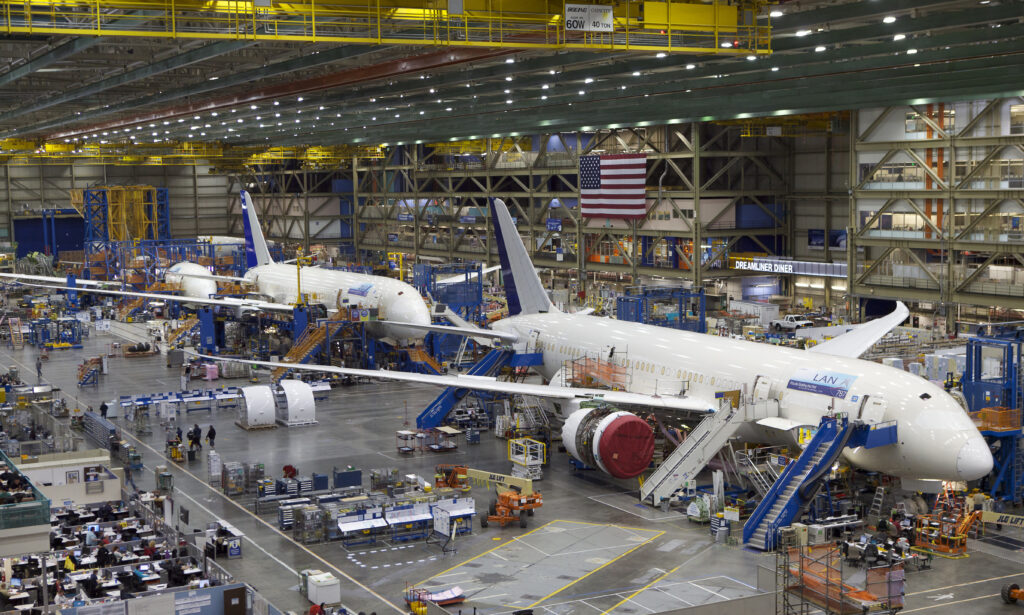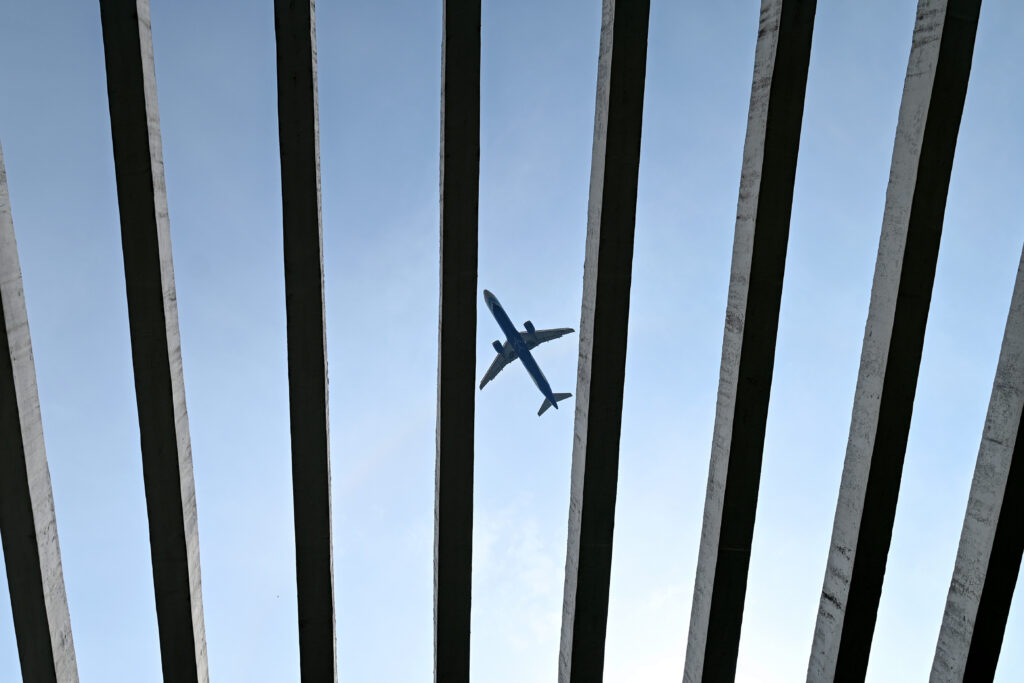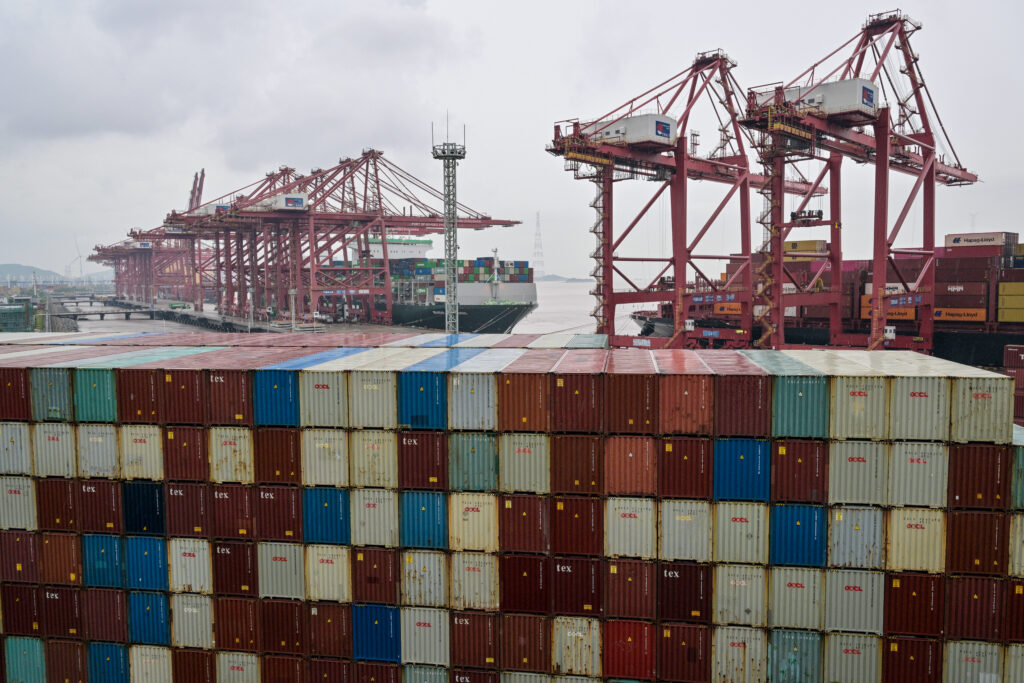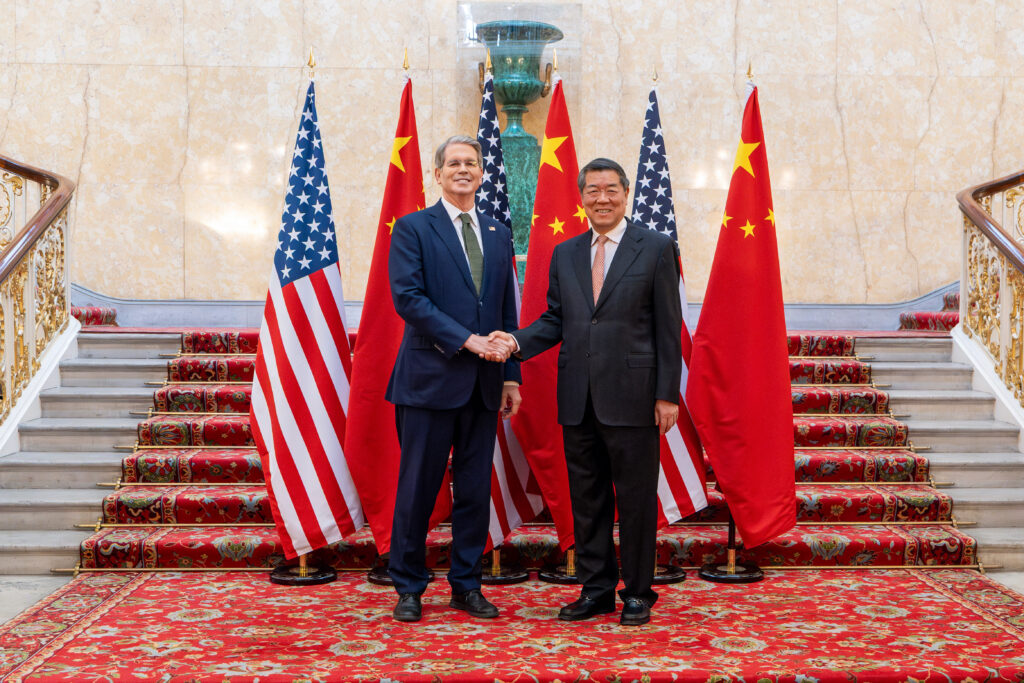One survivor after London-bound plane with 242 on board crashes in India
A London-bound passenger plane crashed in the Indian city of Ahmedabad on Thursday leaving one known survivor from 242 on board, with the jet smashing into buildings housing doctors and their families.An AFP journalist saw bodies being recovered from the crash site, and the back of the Boeing 787-8 Dreamliner hanging over the edge of a building it hit around lunchtime.”The tragedy in Ahmedabad has stunned and saddened us. It is heartbreaking beyond words,” Prime Minister Narendra Modi said after Air India’s flight 171 crashed following takeoff.The bodies of passengers and victims on the ground were among 204 recovered so far, city police commissioner GS Malik said, while medics were treating dozens who were injured in the city.While everyone aboard the flight was initially feared killed, state health official Dhananjay Dwivedi told AFP “one survivor is confirmed” and had been hospitalised.The AFP journalist saw a building ablaze after the crash, with thick black smoke billowing into the air, and a section of the plane on the ground.”One half of the plane crashed into the residential building where doctors lived with their families,” said Krishna, a doctor who did not give his full name.”The nose and front wheel landed on the canteen building where students were having lunch,” he said.Krishna said he saw “about 15 to 20 burnt bodies”, while he and his colleagues rescued around 15 students.India’s civil aviation authority said there were 242 people aboard, including two pilots and 10 cabin crew. Air India said there were 169 Indian passengers, 53 British, seven Portuguese, and a Canadian on board the flight bound for London’s Gatwick airport.UK Prime Minister Keir Starmer said the scenes from the crash were “devastating”, while the country’s King Charles III said he was “desperately shocked”.- ‘Devastating’ -The plane issued a mayday call and “crashed immediately after takeoff”, the Directorate General of Civil Aviation said.Ahmedabad, the main city of India’s Gujarat state, is home to around eight million people and the busy airport is surrounded by densely packed residential areas.”When we reached the spot there were several bodies lying around and firefighters were dousing the flames,” resident Poonam Patni told AFP.”Many of the bodies were burned,” she said.The AFP journalist saw medics using a cart to load bodies into an ambulance, while a charred metal bed frame stood surrounded by burnt wreckage.The plane came down in an area between a hospital and the city’s Ghoda Camp neighbourhood.The airport was shut, with all flights “suspended until further notice”, its operator said.US planemaker Boeing said it was in touch with Air India and stood “ready to support them” over the incident, which a source close to the case said was the first crash for a 787 Dreamliner.The UK and US air accident investigation agencies announced they were each dispatching teams to support their Indian counterparts.The airline’s chairman, Natarajan Chandrasekaran, said an emergency centre had been set up with a support team for families seeking information.Tata Group, owners of Air India, offered financial aid of 10 million rupees ($117,000) to “the families of each person who has lost their life in this tragedy”, as well as promising to cover the medical expenses of those injured.India has suffered a series of fatal air crashes, including a 1996 disaster when two jets collided mid-air over New Delhi, killing nearly 350 people.In 2010, an Air India Express jet crashed and burst into flames at Mangalore airport in southwest India, killing 158 of the 166 passengers and crew on board.Experts said it was too early to speculate on what may have caused Thursday’s crash.”It is very unlikely that the plane was overweight or carrying too much fuel,” said Jason Knight, senior lecturer in fluid mechanics at the University of Portsmouth.”The aircraft is designed to be able to fly on one engine, so the most likely cause of the crash is a double engine failure. The most likely cause of a double engine failure is a bird strike.”India’s airline industry has boomed in recent years with Willie Walsh, director general of the International Air Transport Association (IATA), last month calling it “nothing short of phenomenal”.The growth of its economy has made India and its 1.4 billion people the world’s fourth-largest air market — domestic and international — with IATA projecting it will become the third biggest within the decade.







